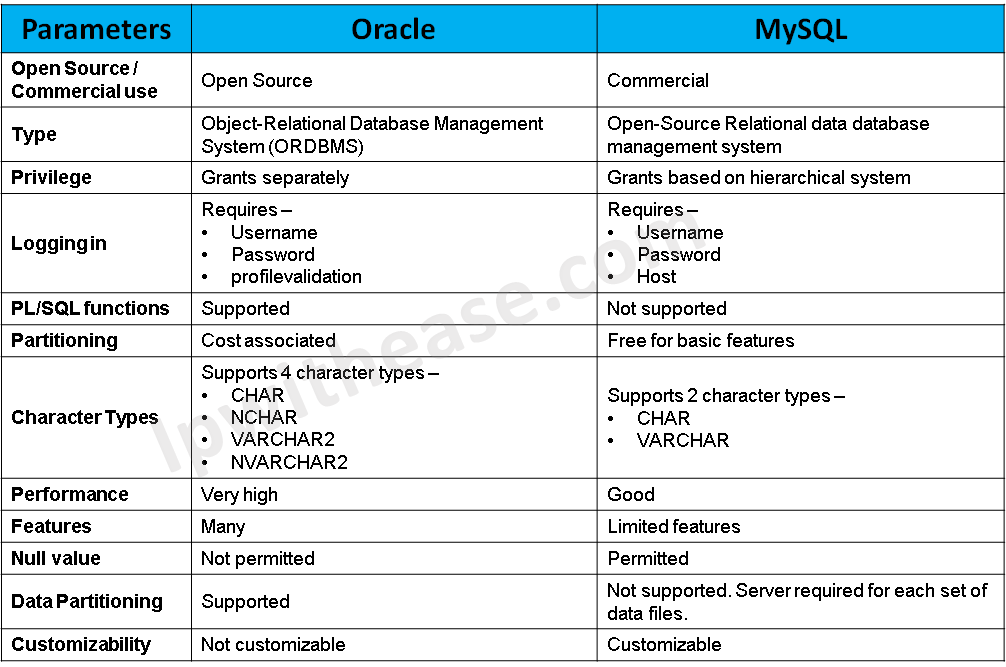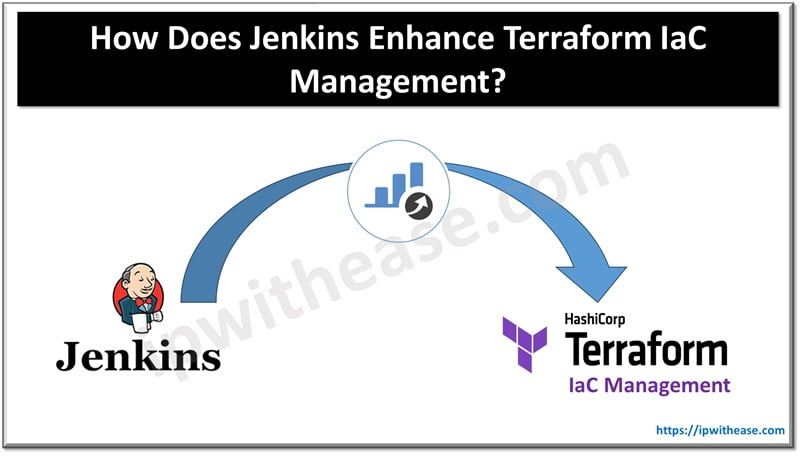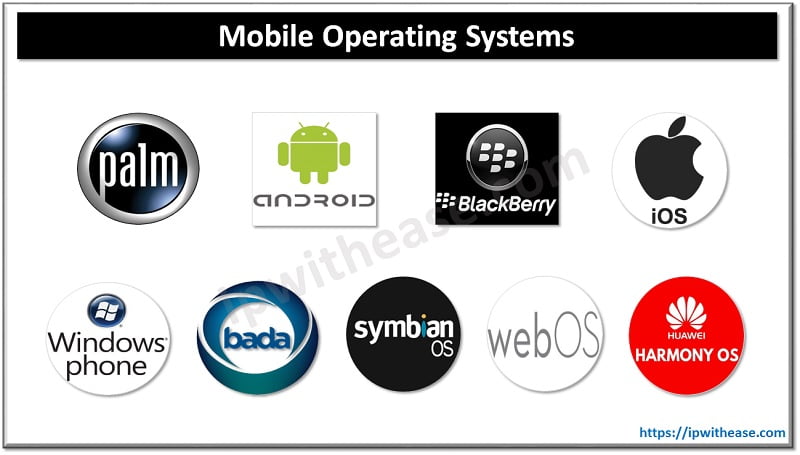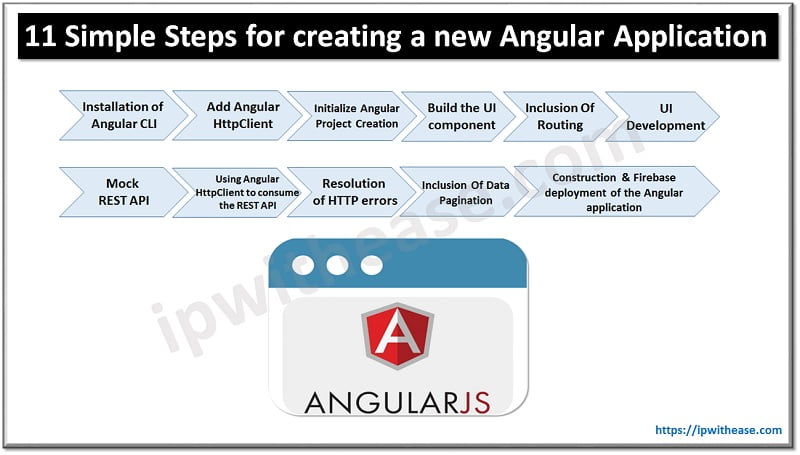Oracle and MySQL ae the 2 most popular RDBMS globally.While Oracle is Object-Relational Database Management System (ORDBMS) MySQL is open source RDBMS system. In this article, lets understand how both the terms differ to each other.
When it comes to security framework, Oracle system provisions privileges separately as opposed to MySQL database which uses a hierarchical system for granting privilege. Logging in is also different in both the competitors, where Oracle requires Username, Password and profilevalidation. In case of MySQL, Host info is required in addition to username and password.
On storage front, Oracle has buffet of features and package scheme while MySQl does not own extensive storage features like tablespace, synonyms etc. Also, when it comes to supporting PL/SQL functions and features, Oracle very well provides flexibility to the same , however MySQL does not support PL/SQL functions. In terms of partitioning, cost is incurred in former and free for basic features in latter.
Further, Oracle supports 4 character types namely CHAR, NCHAR, VARCHAR2, NVARCHAR2 and MySQl supports only 2 ie CHAR and VARCHAR. In matter of performance of the system and its feature support, Oracle clearly wins the race and MySQL lags in both parameters. On the contrary, Null value is not allowed in case of Oracle, although MySQL permits the same. It also becomes imperative to share that Oracle is very less flexible to customizations as compared to MySQL, which supports customizations to parameters.
To illustrate the above shared considerations in a simple to understand format, below is the table of comparison between Oracle and MySQL –

ABOUT THE AUTHOR

You can learn more about her on her linkedin profile – Rashmi Bhardwaj



